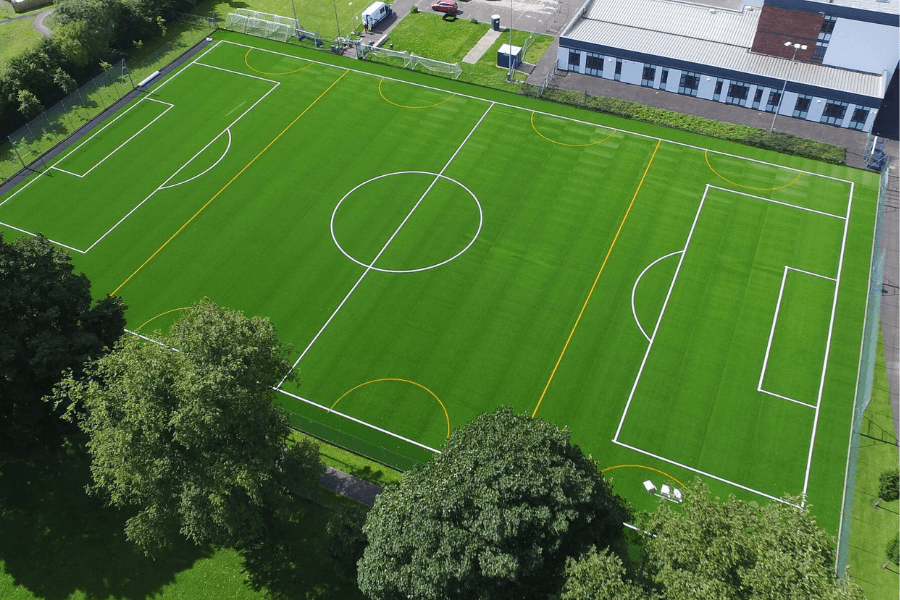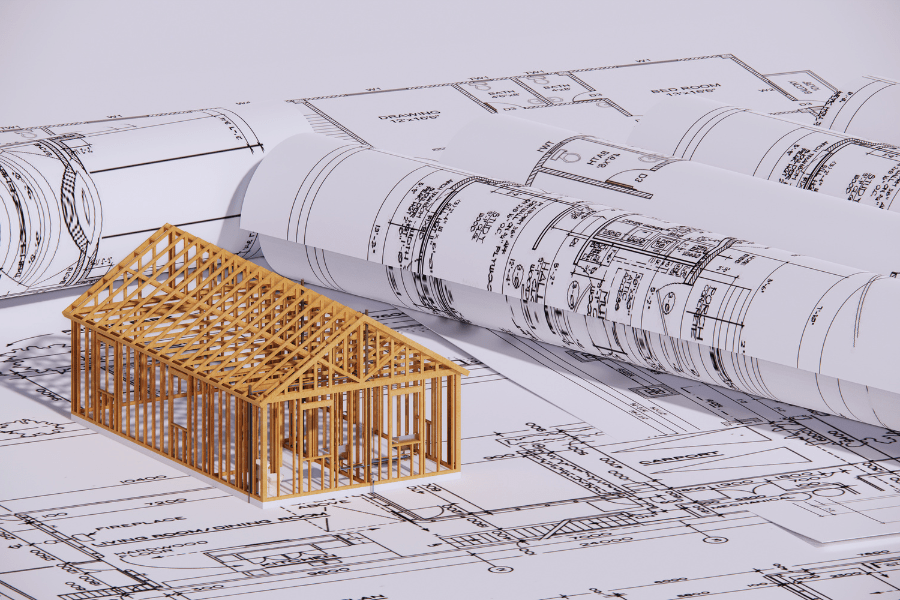The Ultimate Resource for Sport Facility Management
Discover the A-Z of sport facility management with Bookteq – from facility development and maintenance to lettings management and marketing.

Discover the A-Z of sport facility management with Bookteq – from facility development and maintenance to lettings management and marketing.

Sport facility management refers to the planning, organising, coordinating, and overseeing of various aspects related to sports facilities or venues. This field encompasses a wide range of responsibilities aimed at ensuring that sports facilities operate efficiently, safely, and effectively to meet the needs of athletes, spectators, and other stakeholders. Sport facility managers are responsible for both the physical (infrastructural) and operational aspects of sports venues.
Key components of sport facility management include:

Financial Management serves as a fundamental component within sports facility management, emphasising the systematic management of budgeting, financial planning, and revenue generation to uphold the economic viability of the venue. This phase requires sports facility managers to develop and maintain budgets aligned with operational needs and long-term objectives. Financial planning encompasses forecasting and managing expenditures, revenue streams, and capital investments to sustain fiscal health and viability.
A critical aspect of financial management involves seeking external support through sponsorships and funding, establishing partnerships with businesses and organisations interested in investing in the venue’s success. Concurrently, managing facility utilisation requires the implementation of pricing strategies and promotional efforts to optimise revenue, balancing financial considerations with the goal of ensuring accessibility to a diverse audience.
Find out how to use your sport facilities to generate revenue, and see how much revenue sports facilities in the UK generate from lettings in this 2023 Sport Facility Bookings Report. For football facilities specifically, have a look at this 2024 State of Football Facility Hire report. Use these reports to benchmark your facilities, identify opportunities for growth, and elevate your revenue potential.
If you are seeking funding opportunities, have a look at this list of funding opportunities for sport facilities in the United Kingdom.
Approaching investors or considering investing in sport facilities yourself? Hear from industry experts in this panel discussion on Sustainable Investments in Sports Facilities: Balancing Infrastructure, People, and Technology. In our 2024 State of Football Facility Hire report you can also see analyses of football facility profitability and revenue potential of different formats and surface types.
Operations is the linchpin for the seamless functioning of a venue on a day-to-day basis. This phase encompasses a spectrum of activities essential for maintaining the facility’s operational efficiency. Operational management of sport facilities includes;
The process of scheduling facility bookings, sports competitions, conferences, and other gatherings is a crucial aspect of sports facility management. Facility managers employ various options for bookings management, which may include in-house, hybrid, or fully managed approaches. Understanding the nuances of these methods is essential for optimising scheduling efficiency. To delve deeper into the benefits of effective facility scheduling, explore insights on why facility booking software is critical to your business.
From event personnel to maintenance crews, ensuring that each member is aligned with their roles and responsibilities.
Management of equipment to guarantee the availability and functionality of sports gear, technical equipment, and other essentials. Facility maintenance to provide a conducive environment for players and spectators alike. Learn more about the essentials of football, hockey, and rugby pitch maintenance.

The planning and design phase sets the foundation for a sports facility’s functionality, safety, and appeal. Beyond the physical layout, it influences the marketability of the venue, creating spaces that resonate with both athletes and spectators. By investing expertise and attention to detail in this early stage, sports facility managers ensure that the facility not only meets immediate needs but also contributes positively to the broader community, supporting a diverse range of events and activities beyond sports competitions.
If you’d like help with the design and development of your sport facilities, talk to Blakedown Sport & Play – UK based synthetic surface sports facility construction contractors.
If you are planning on building a new facility, and want estimate costs to budget for the development, here are cost estimates for; 3G football pitches, tennis courts, hockey pitches, and padel courts.
Facility maintenance stands as a pivotal aspect of sports facility management, primarily focused on ensuring the continual functionality of the venue. This phase involves the systematic implementation of regular maintenance routines aimed at preserving the physical integrity of the facility and addressing wear and tear. Through consistent maintenance efforts, potential hazards are proactively mitigated, contributing to the sustained operational efficiency of the sports facility. Learn more about the specific maintenance protocols, recommended intervals, and associated costs for various surfaces such as artificial grass pitches, macadam and grass courts, and indoor sports halls.
Addressing emergency preparedness remains paramount in the realm of maintenance and safety, requiring meticulous planning for unforeseen events. This spans a spectrum encompassing natural disasters, medical emergencies, and other crises that may unfold during facility operations. Sports facility managers diligently formulate and implement protocols, ensuring a rapid and well-coordinated response to minimise risks and mitigate the impact of emergencies on the safety and well-being of individuals within the facility. Follow these steps to create an emergency action plan for your sport facilities.
Explore innovative approaches to enhance facility security, such as utilising a smart access system for managing entry into sports facilities. This technology presents notable benefits in improving security measures, streamlining access control, and fortifying the overall safety infrastructure of sports facilities.
Marketing and promotion constitute essential components of sports facility management, focusing on the strategic promotion of the venue and its events to attract audiences. This phase involves a range of activities, including advertising, social media promotion, and other marketing strategies designed to enhance visibility and drive attendance. The objective is to create awareness, generate interest, and ultimately cultivate a robust audience base for boosting bookings and venue utilisation. Read more on how to market your sports facility.

Customer Service is a fundamental aspect of sports facility management, with a primary focus on delivering a positive experience for all facility users. This phase involves a systematic approach to addressing concerns, managing inquiries, and ensuring overall satisfaction. Managing inquiries involves providing clear and accurate information, facilitating smooth communication, and fostering transparency. The overarching goal is to ensure that all users have their questions answered and needs met throughout their engagement with the facility.
Sport facilities and activities are a great way to promote physical activity and healthy living in your community. However, not everyone has access to sports facilities. This can be due to a range of factors such as location, cost, and lack of awareness. As a sport facility manager it’s imperative to make sports facilities more accessible to your community. Follow this practical guide to increase access to sport facilities for your local community.